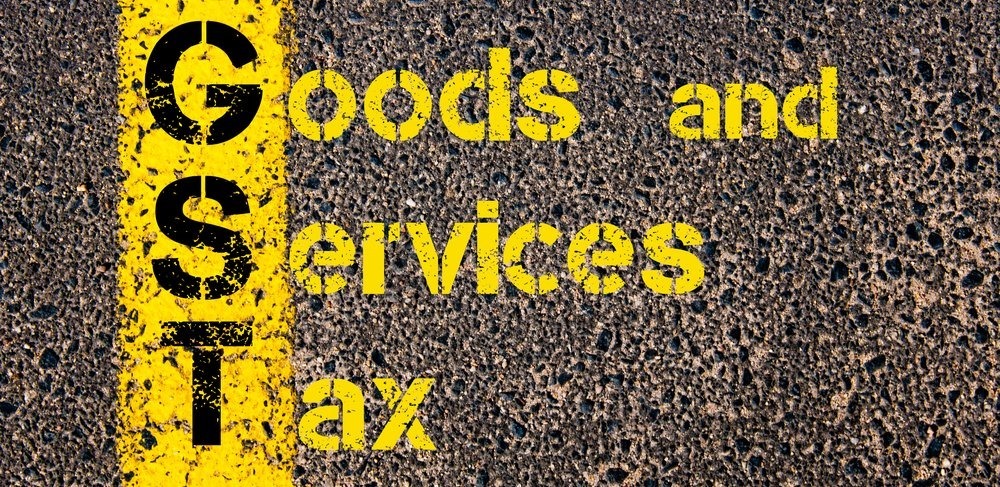The government is gearing up to introduce the Invoice Management System (IMS) under the GST framework, aiming to enhance tax compliance and reduce Input Tax Credit (ITC) mismatches. However, the MSME sector has voiced concerns over the financial and operational challenges that come with its abrupt rollout.

Compliance Burden on MSMEs
According to the India SME Forum (ISF), the implementation of IMS could result in an additional compliance cost of approximately ₹1.5 lakh annually per business. This burden is especially daunting for small enterprises, which often lack the technological infrastructure and financial resources to meet stringent timelines.
Vinod Kumar, President of ISF, remarked, “While the objective of IMS is well-intended, the rapid rollout has left MSMEs struggling with infrastructure limitations, inadequate software readiness, and compliance hurdles.”
Challenges Faced by MSMEs
- Limited Preparation Time: The GST Network (GSTN) advisory announced the IMS rollout on September 3, 2024, with implementation starting October 1, 2024. This gave businesses insufficient time to upgrade their systems and train personnel.
- Technical Challenges: Essential API functionalities and supplier dashboards were delayed, further hampering integration efforts. MSMEs heavily reliant on basic accounting tools face operational risks.
- Operational Disruptions: The absence of bulk upload utilities and offline reconciliation tools complicates the compliance process. Additionally, the GST portal’s limit of 500 document views per download creates further inefficiencies.
- Immediate Credit Note Action: IMS mandates recipients to accept or reject credit notes immediately, with no deferral option. This could lead to increased tax liabilities and interest payments.
ISF’s Recommendations
The ISF has proposed a phased implementation of IMS, similar to the e-invoicing transition, allowing a 6 to 12-month window for businesses to adapt. Key recommendations include:
- Supplier Dashboard: Faster API rollouts and dashboards for easier reconciliation and bulk document retrieval.
- Flexible Dispute Management: Businesses should be allowed to keep disputed invoices in abeyance without facing immediate tax liabilities.
- Structured Consultation: Policymakers should engage with industry stakeholders to refine the implementation strategy.
Conclusion
While IMS aims to enhance GST compliance and transparency, the MSME sector’s concerns cannot be ignored. A phased transition period and improved technological support can ensure a smoother adaptation, preventing undue financial strain on small businesses. Policymakers should prioritize collaboration with stakeholders to create a more balanced implementation approach that strengthens India’s tax ecosystem.











